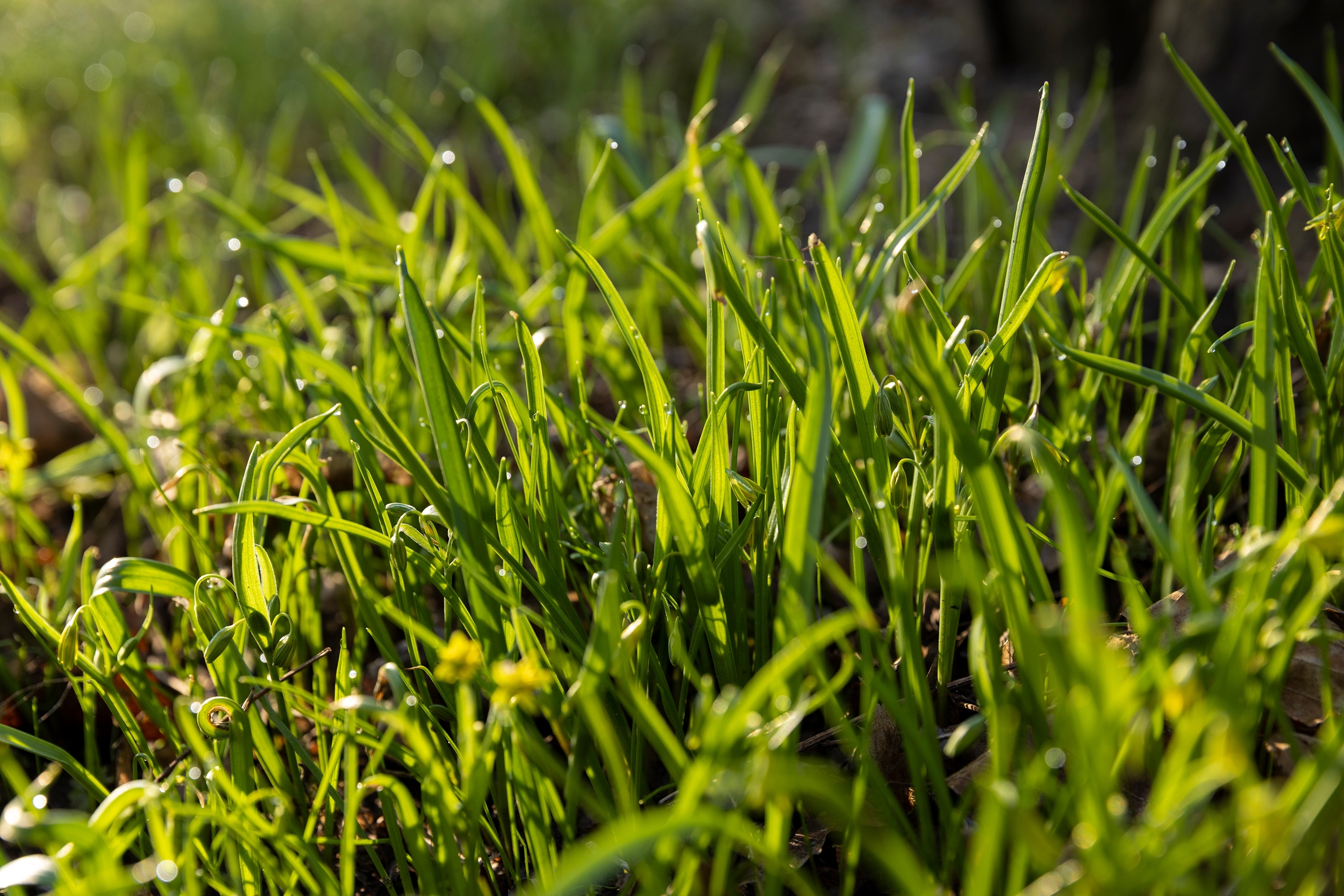
Diagnostic of Goumi pollen Allergy
Detecting a Goumi pollen allergy requires a meticulous approach. First, an allergist will conduct a Skin Prick Test (SPT). Tiny drops of Goumi pollen solution are applied on the patient's back or forearm. Then, the allergist carefully pricks the skin using a needle, allowing the allergen to enter. If an itchy, red bump (a wheal) appears, the diagnosis leans towards a positive result. A Blood Test, or specific IgE (sIgE) test, may also be used. This measures the amount of Immunoglobulin E, a type of antibody that triggers allergic reactions, in response to Goumi pollen. Additionally, an allergist may perform an Intradermal Skin Test. This involves injecting tiny amounts of the allergen under the skin, scrutinizing the body's reaction to it. Lastly, a Patch Test might be employed to investigate delayed reactions. The allergen is applied to a patch, which is then placed on the skin, and evaluated after 48-72 hours. The amalgamation of these tests will clarify the diagnosis.
Treatment of Goumi pollen Allergy
Allergen immunotherapy, a revolutionary approach in allergy treatment, marks a turning point for individuals suffering from reactions to specific allergens like Goumi pollen. This therapy involves gradually introducing the body to the allergen, aiming to develop tolerance and reduce allergic symptoms over time. Sublingual immunotherapy, a key form of this treatment, administers allergens under the tongue in controlled doses. This method has shown promise in significantly decreasing sensitivity to allergens, including Goumi pollen ,and improving quality of life for allergy sufferers. Curex, an integrated online telemedicine clinic, has adopted this advanced approach to allergy care. They offer customized sublingual immunotherapy, tailored to each individual’s allergy profile. Alongside, Curex provides comprehensive services like at-home concierge allergy testing and symptom management, making it a one-stop solution for those grappling with environmental allergies, asthma, and eczema. Through allergen immunotherapy, we are changing the landscape of allergy treatment, offering hope for long-term relief and effective management of allergic conditions.









.webp)












